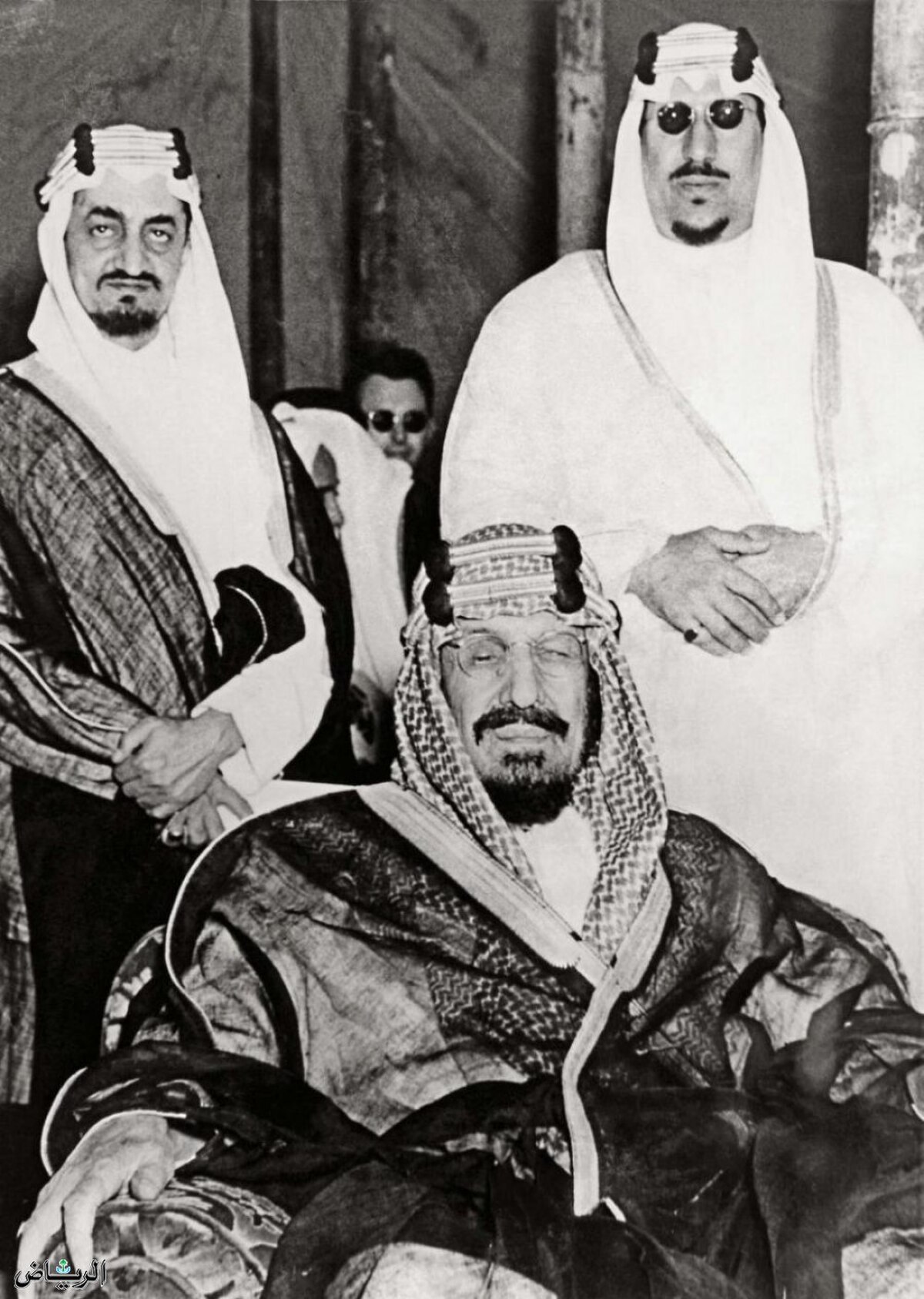
Saud of Saudi Arabia
Saudi ArabiaUpon becoming king in 1953 following his father's death, Saud implemented a reorganization of the Saudi government, establishing the tradition of the king presiding over the Council of Ministers. He aimed to maintain friendly relations with the United States while also supporting Arab nations in their conflicts against Israel. During his reign, Saudi Arabia joined the Non-Aligned Movement in 1961.
The kingdom's economy experienced significant prosperity due to increased oil production, which also enhanced its political influence internationally. However, this sudden wealth was a double-edged sword. Cultural development, particularly in the Hejaz region, accelerated with advancements in media like newspapers and radio. Yet, the influx of foreigners heightened existing xenophobic tendencies.
Simultaneously, the government's spending became increasingly extravagant and wasteful. Despite the newfound oil wealth, the kingdom faced financial challenges, including governmental deficits and the need for foreign borrowing, primarily due to the lavish spending habits during King Saud's reign in the 1950s.[47]
Saud, who succeeded his father Abdulaziz (Ibn Saud) in 1953, was seen as an extravagant spender, leading the kingdom into financial difficulties. His reign was marked by financial mismanagement and a lack of focus on development. In contrast, Faisal, who had served as a competent minister and diplomat, was more fiscally conservative and development-oriented. He was concerned about the kingdom's economic instability under Saud's rule and its dependence on oil revenue. Faisal's push for financial reform and modernization, coupled with his desire to implement a more sustainable economic policy, put him at odds with Saud's policies and approach.
This fundamental difference in governance and financial management led to increasing tension between the two brothers, ultimately resulting in Faisal replacing Saud as king in 1964. Faisal's ascension was also influenced by pressure from the royal family and religious leaders, who were concerned about Saud's mismanagement affecting the stability and future of the kingdom. This was of special concern given the Arab Cold War between Gamel Abdel Nasser's United Arab Republic and the pro-U.S. Arab monarchies. As a consequence, Saud was deposed in favor of Faisal in 1964.[48]
